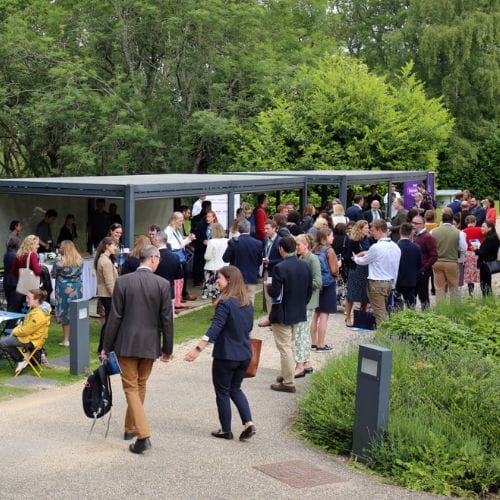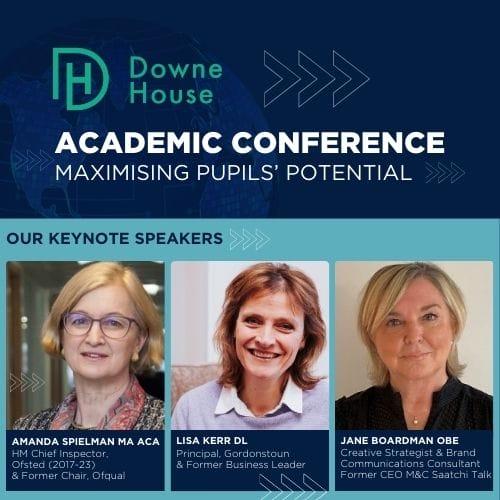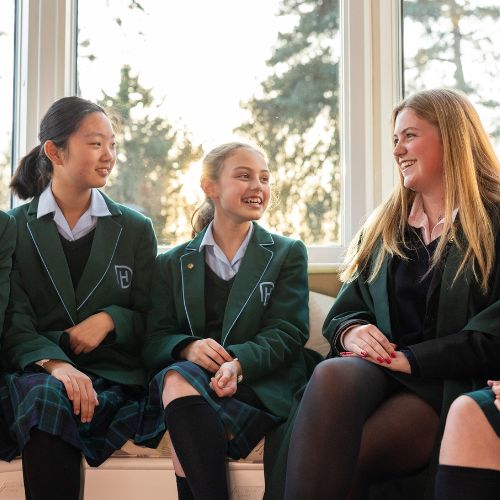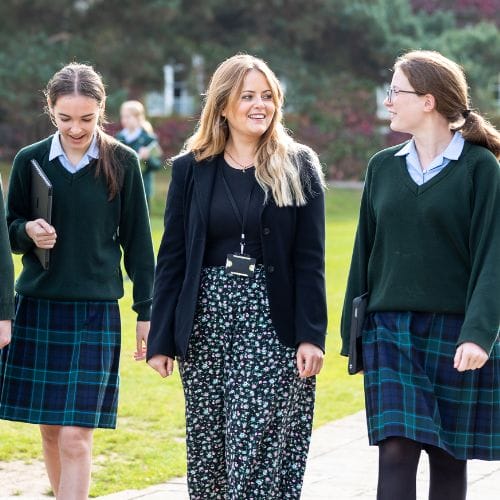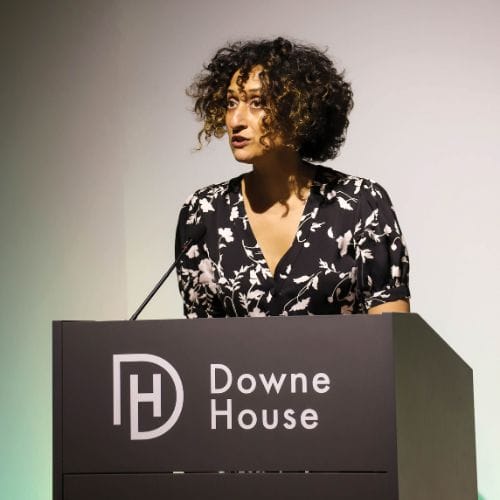
My poor son. It was a big shock, especially so early in the morning.
He saw the headline on the newspaper as he approached the breakfast table: ‘Compulsory maths until 18 for every child’.
“You have to be kidding!” he exclaimed with a look of horror. That’s a lot more than he normally says at 7.15am.
The end of his GCSEs is now in sight and, as a self-confessed non-mathematician, the idea of having to spend two more years tackling equations, arithmetic and formulae was a terrifying prospect for him.
He has nothing to worry about. In common with other educational pronouncements from politicians in the past, it seems there is little substance to this latest one from the current Prime Minister.
Rishi Sunak’s statement lacked specifics. He simply said that leaving school without basic numeracy skills was “letting children down”. He was not suggesting that all sixth formers should complete maths A Level or follow a baccalaureate programme which involves some maths study until age 18.
As many commentators have pointed out, this is a relief for schools, as the UK already has a shortage of maths teachers. There simply aren’t enough of them to teach all our teenagers for an additional two years, and the government is failing its current targets for the recruitment of new maths teachers.
As it happens, our students at Downe already do a good deal of maths after their GCSEs. Maths is the most popular A Level subject across all the UK, and it is also the most popular choice at Downe, with 30% of our Sixth Formers currently studying it (with 17 of them studying Further Maths, too).
“A Level mathematics is a good deal more challenging than GCSE,” says Rob Barnes, our Head of Maths. “A good grade at GCSE does not necessarily translate into one at A Level. So, the reality is that it isn’t a very good choice for many students, even if they (or the prime Minister!) like the idea of continuing with it.”
English, chemistry and economics are the next most popular A Level choices at Downe. The latter two subjects include considerable mathematical content.
Many other A Level subjects require some use of mathematics, too: these include geography, physics, biology, psychology and business studies. These are all popular choices at Downe, too.
Our Learning for Life programme also requires our pupils to get accustomed to practical numeracy, including personal finance and managing domestic expenses. Our programme for preparing students for life after Downe also helps them to understand about loans and other aspects of managing the cost of university and higher education.
Many of our Sixth Formers opt to complete our mini-MBA, which requires them to consider many aspects of financial planning, tax, economics and accounting.
There are practical applications of maths in our co-curricular programme, too: our pupils regularly plan charitable or house events with an eye to covering costs or raising funds for a good cause.
So, the Downe House girls are already fulfilling the Prime Minister’s wishes for them to leave school with sound numeracy skills – without the need for them to attend mathematics lessons right up to the end of their time here.
Mr Sunak’s comments appear to have been influenced by the conclusions of the recent Times Education Commission, which suggested that teenagers should study mathematics until they are 18. The head of Ofsted, Amanda Spielman, backed this idea when grilled by the House of Commons select committee of MPs. She also pointed out that the UK is unusual in not insisting that both maths and home languages should be studied until 18; this is a requirement in most other education system in the world.
However, my view is more in line with a former education minister from Finland, a country which is often held up as having a world class school curriculum.
He does emphasise the need for strong maths skills, but he also points out that the modern world requires young people to be able to think for themselves, to become independent learners and imaginative problem solvers so they can face up to modern society’s complex problems with courage and determination.
By allowing students to focus on their strengths, and enabling them to delve into fewer, specialist A Level subjects, our students are better placed to develop independence and self-confidence.
Significantly, Downe’s unique boarding ethos, with its wealth of co-curricular, social and cultural opportunities, provides the time, scope and environment for our girls to develop fully as individuals, and to learn to work with and get along with others – surely key ingredients to getting on in our brave new world.
The current trend across all UK schools is for pupils to choose STEM subjects over humanities. In 2022, for example, the four most popular subjects were mathematics (1st), psychology (2nd), biology (3rd) and chemistry (4th). Meanwhile, English, history and Art & Design were the 5th, 7th and 8th most popular respectively.
But this is just a current trend. Artificial intelligence and computerisation are increasingly making mathematical skills less critical to many roles – especially accountancy, architecture, engineering, and computing. So, contrary to the PM’s suggestion, a resurgence of the humanities is likely in the coming years, as the core skills involved in these subjects – not least independence of thought, communication and imagination – become more and more valuable in modern society.

Mr Matt Godfrey
godfreym@downehouse.net
